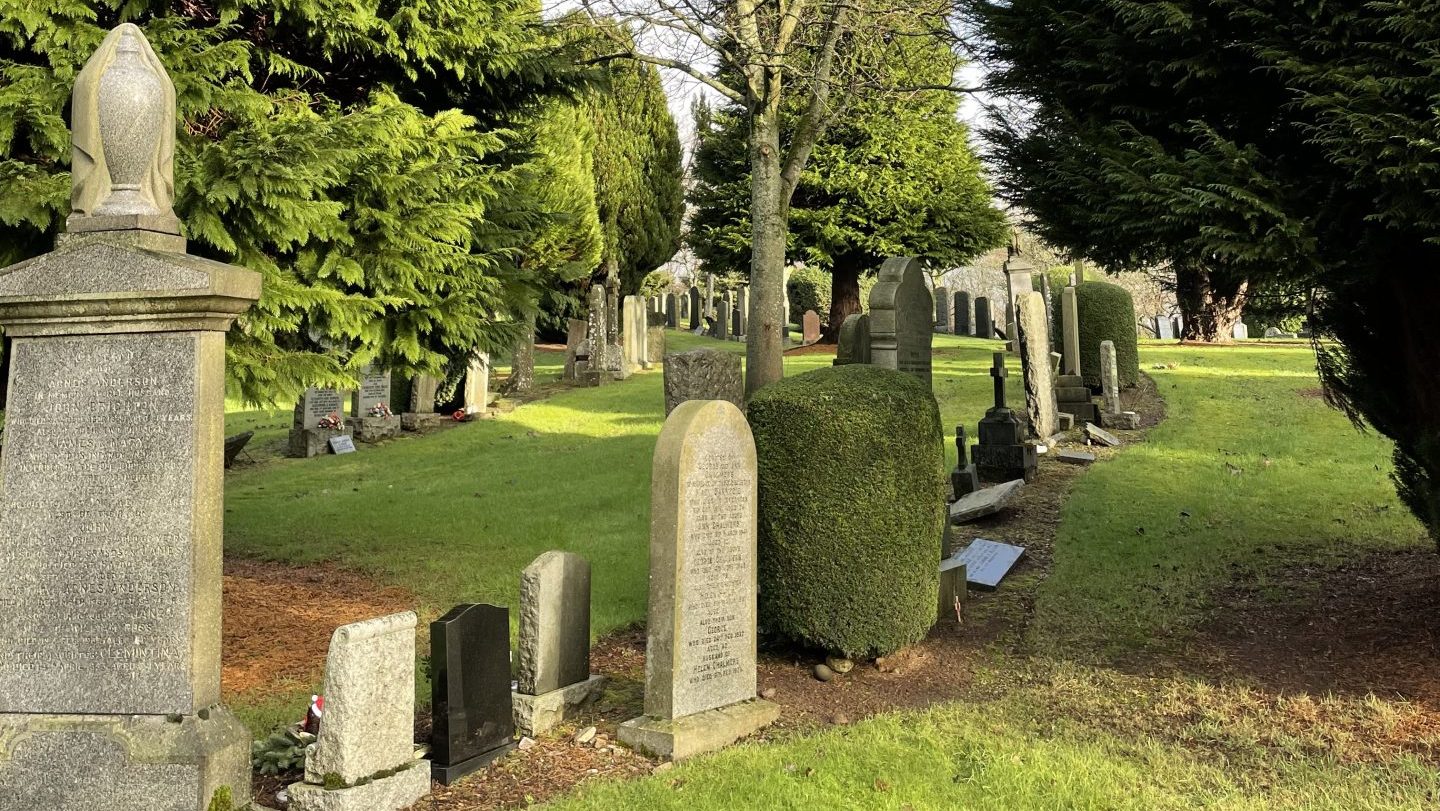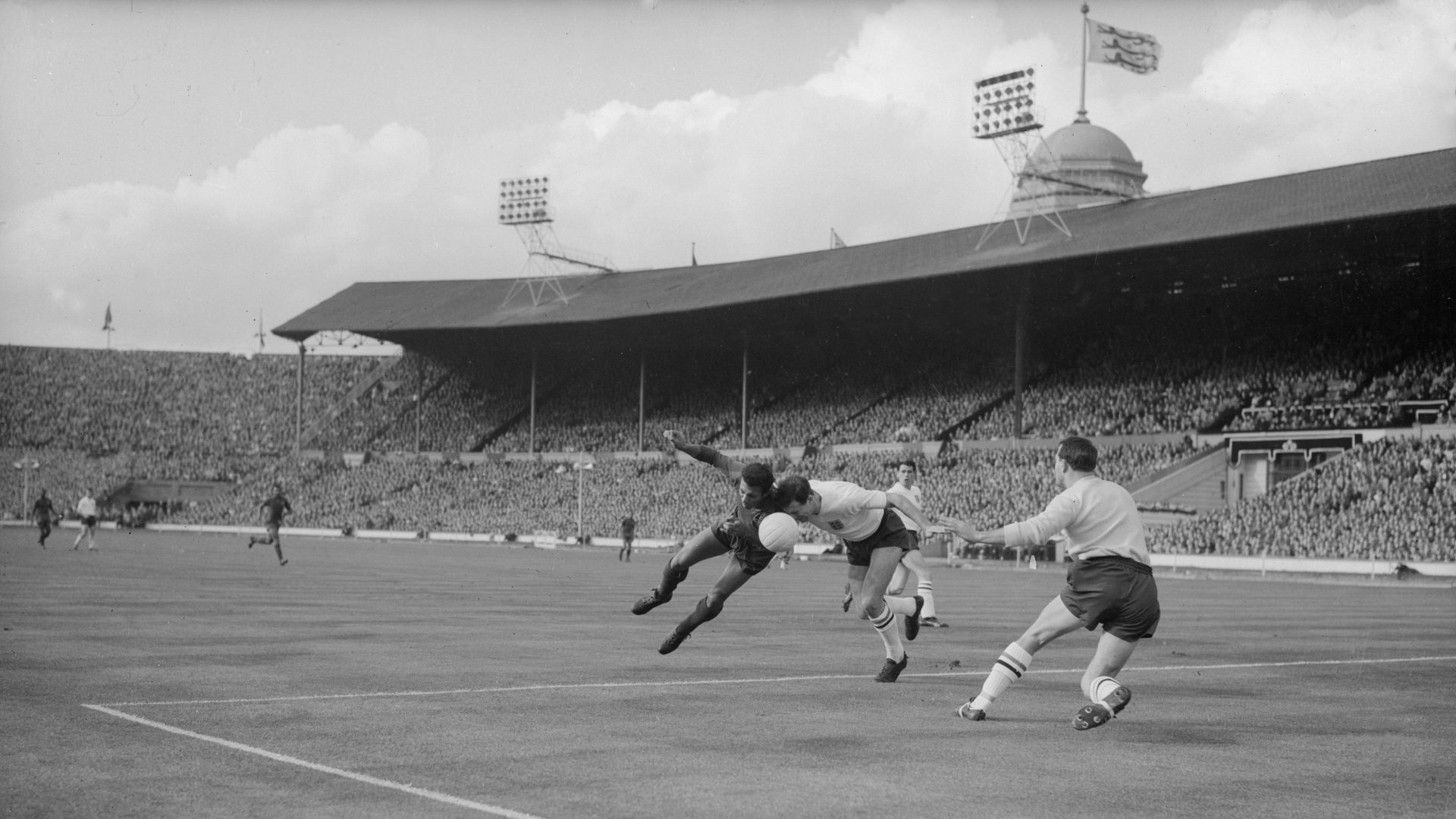A few days before Burns Night last week I found myself tramping around a drizzly cemetery in the east of Scotland peering at a succession of headstone inscriptions eroded to the point of illegibility by decades of wind and rain.
The grave I sought was of neither friend nor relative. Indeed, my connection to a woman more than 70 years dead whose last resting place I’d devoted a January weekend to locating in a strange town a long way from home was tenuous at best. Yet this journey felt important to me, even if I wasn’t entirely sure why.
My wintry exploration of Brechin cemetery had been prompted by the century-old book tucked inside my coat to protect it from the Angus elements. A book I was, in a way, bringing home.
Five years ago this week I wrote in these pages about the story I’d uncovered behind my 1928 edition of The Poetical Works of Robert Burns. As journalistic detective work went it wasn’t exactly Woodward and Bernstein – I didn’t even have to travel beyond the range of my home wi-fi – but it was a nice story that elicited a smattering of kind feedback and that should have been the end of it.
Yet as more time passed I couldn’t seem to shake off the person at the heart of that story. Every January, Burns Night would come round and I’d think about it again, leafing through the book, feeling as if I’d started something I hadn’t finished. What possible conclusion there might be I wasn’t sure, but there was a nagging sense I had to do something.
I’d bought the book on a trip to Hay-on-Wye with a friend the summer we left university. Neither of us knew what we wanted to do with our lives and neither of us had any money but we spent the days rummaging happily in the town’s many second-hand bookshops and the evenings in the pub making a pint last for hours. We wouldn’t say it out loud but we knew we were at one of life’s turning points, our excitement and anxiety about what might lie ahead underpinned by that enviable feeling of immortality that comes with youth. Our lives stretched before us and from where we were sitting had no conceivable end.
I picked up my copy of Burns’ poems on that trip. I wasn’t particularly a fan and my limited-to-non-existent budget meant I had to choose my purchases very carefully, but something about it had me handing over a couple of quid and popping it into my army surplus duffel bag.
The sticker pasted inside the front cover might have swung it. I’m a sucker for old books with a provenance and this was a promising specimen. “Brechin Burns Club 1936”, it read, “First Prize for Excellence in Reciting”. Added to the dotted line that followed was the typewritten name – Helen Grant. It would be decades before I unearthed it but this was clearly a book with a story.
The Burns competition had taken place at Brechin High School on the afternoon of Saturday January 18 1936 where, so high was the standard, the Brechin Advertiser recounted how the duty of the judges “devolved more into one of giving encouragement than criticising”.
Standing out from the rest was 12-year-old Helen Grant, who, flushed with pride, received a handshake from the president of the Burns Club and left the stage with the book that now sits on my desk clutched to her chest, loud applause ringing in her ears.
Helen was clever, finishing each academic year either top or near the top of the class in most subjects, and on leaving school went straight into a job at the office of a local drapery firm. A year later she moved on to the Coventry Gauge and Tool factory, one of Brechin’s newest and biggest employers, where it seems she forged the passion for social justice that led to her becoming first a leading light in the Brechin Young Communist League then secretary of the party’s busy local branch. These were not necessarily hardcore revolutionaries – the chief activity was a weekly whist drive – but they were active and sincere.
Perhaps Helen’s politics were influenced by the socially progressive verse contained in her copy of Burns. Certainly she’d grown up watching her father Robert taking whatever labouring work he could and seen his dignity slowly frayed by the economic hardships of the 1930s. When the Coventry factory opened in Brechin in 1939 it was a major boost to the town but once the company started shipping in workers from England to supplement the local labour force, Helen watched as rents in Brechin’s limited housing supply were driven sky high without a commensurate rise in wages.
Early in 1947 she went south, renting a room on Linden Avenue in Coulsdon, Surrey, a couple of minutes’ walk from Woodmansterne station where she would catch the 8.19 every morning to her job as an insurance clerk in London. She’d stand in the same spot in the front carriage, swaying with the
movement of the train, watching the suburbs glide past until she arrived in the heart of a metropolis that was recapturing its magic after six years of war.
It’s easy to imagine Helen’s excitement, coming from a small town in Scotland to the epicentre of Britain’s postwar revival, the reconstruction of the city coinciding with a progressive overhaul of society including the imminent birth of the NHS. She was exploring the city, making new friends, sensing the start of a thrilling new chapter for herself and the country.
On the morning of October 24 1947 there wasn’t much for her to see out of the window thanks to the heavy fog cloaking the capital, so she closed her
eyes and listened to the clack of the wheels beneath her, sensing the train speeding up after a short delay near South Croydon.
Meanwhile, in a chilly signal box nearby, an inexperienced signalman was directing her train on to a line where an earlier train had been held stationary a short distance ahead, invisible in the fog.
Just before 8.40, a few hundred yards beyond South Croydon station, Helen’s train smashed into the back of the 7.33 from Haywards Heath at almost 50mph.
Thirty-two people were killed that cold morning. One of them was 23-
year-old-Helen Grant from Brechin.
She was brought home to be buried in the town cemetery a week after the
accident and that should have been the end of the story. Yet, particularly when Burns Night came round every year, I found myself thinking more and more about Helen Grant’s tragically short life and how I had something that belonged to her, a book I’d held in my hands just as she had, reading the same poems on the same pages.
I had no idea where the book had been during the half century between her death and my finding it in a bookshop in the Welsh borders, but the more time passed the more I felt compelled to take Helen’s book home.
Which is how two weeks ago I found myself in Brechin cemetery with soaking wet feet and a grave location map downloaded to my phone.
The map had looked simple enough but wandering among the austere
headstones, mausoleums and shrouded urns I’d completely lost my bearings until, after almost an hour, I finally narrowed it down to the right section and the right row, one I’d traversed twice already without finding Helen’s grave. I began counting along the plots.
When I reached the location marked on the map there was nothing there. No stone, no marker, just a neatly tended bush in a space between other people’s memorials. Nothing commemorating the short life of Helen Grant.
Having been preoccupied by the search I wasn’t sure what to do now I was here. I’d not brought flowers to place on her grave. There was just the book. Her book. A book that might now be the only tangible evidence that she’d ever existed. I took it out and opened it at the inscription that brought me here.
The rain had stopped and through gaps in the clouds long pennants of golden sunlight draped themselves across the cemetery. Leafing through the book it occurred to me that perhaps I should read something. A reading had begun this book’s nine-decade journey from Brechin to Brechin so maybe it was fitting to mark its return in the same way.
Alighting upon an eight-line fragment called Epitaph on the Poet’s Daughter that seemed appropriate and glancing around to make sure nobody was looking, sheepishly and quietly I began to read:
Here lies a rose, a budding rose,
Blasted before its bloom;
Whose innocence did sweets disclose
Beyond that flower’s perfume.
To those who for her loss are grieved
This consolation’s given –
She’s from a world of woe relieved,
And blooms a rose in heaven.
Walking back to the car I realised why my shared ownership of a book of poems with Helen Grant might have affected me profoundly enough to bring it all the way to her graveside. Helen was 23 years old when she died; I was 23 years old when I bought the book. She’d boarded her train that foggy morning brimming with the same excitement and nervousness as me the day I acquired her book; that sense that life was truly about to begin, that the future had a place for us, that we were young and immortal.
Last week I attended my first Burns Night dinner since moving to Scotland and as part of the proceedings was tasked with reading To a Haggis. I’d brought my Poetical Works of Robert Burns to read from which meant I also got to tell the story of Helen Grant. We raised a glass to her, young and immortal.




